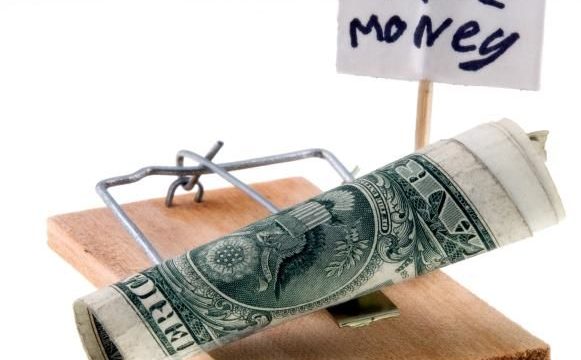Why North Dakota's Property Tax "Relief" Won't Work: State Money Isn't Free Money

State Senator Tom Campbell (R-Grafton) has a letter in the Grand Forks Herald today extolling the virtues of the state property tax spending (we have got to stop calling it “tax relief”) by explaining what the impact might be on the average property tax payer:
Let’s assume you live in Grand Forks or Walsh County levying at the statewide average of 387 mills, before the current 75 mill buy-down. If you are a couple owning a home with a true and full value of $180,000, the state will now be covering about $1250, or 40 percent, of your property tax bill. This same couple will have an income tax savings of about 19 percent. If this couple owns a business valued at $500,000, the state will be paying about $3,911, or 40 percent, of the business owner’s property tax bill and, assuming the business is a corporation, the business will save approximately 12 percent on their corporate income tax. If the couple owns a quarter of cropland with an average value and have been paying about $1872/quarter in property taxes, they will also enjoy about 40 percent, or $748, of their property tax bill paid by the state.
Sounds like a good deal, right? Well the Senator leaves out two key points.
First, the scheme local governments have used in the past to get around the state’s efforts to manipulate mill levies is to jack up valuations. On paper the state the state might be buying down 75 mills worth of the levy on your home’s value, but what if the local assessor decides your home is worth 20% more than last year?
That’s happening all the time, all over the state. Especially in western North Dakota.
Second, the Senator describes state money as though it were free money. As though the state wasn’t spending dollars raised through raised through taxes on the very same people who are also paying the property tax. The $1,250 the Senator describes the state as “covering” on a hypothetical property tax bill is coming out of that very same taxpayer’s sales taxes and income taxes, etc., etc.
Again, on paper this might look good with the state running massive, oil-boom-driven surpluses, but let’s call it what it is. A gimmick that’s really only going to work short-term. As soon as these days of billion dollar state surpluses are over, that state commitment to buying down your local property tax bill is going to put upward pressure on the income tax, the sales tax and every other state tax we pay.
The legislature hasn’t solved the property tax problem. They’ve attempted to hide the problem in the state’s soaring budget surpluses, which is only going to work as long as those surpluses exist, which we all know won’t be forever.







